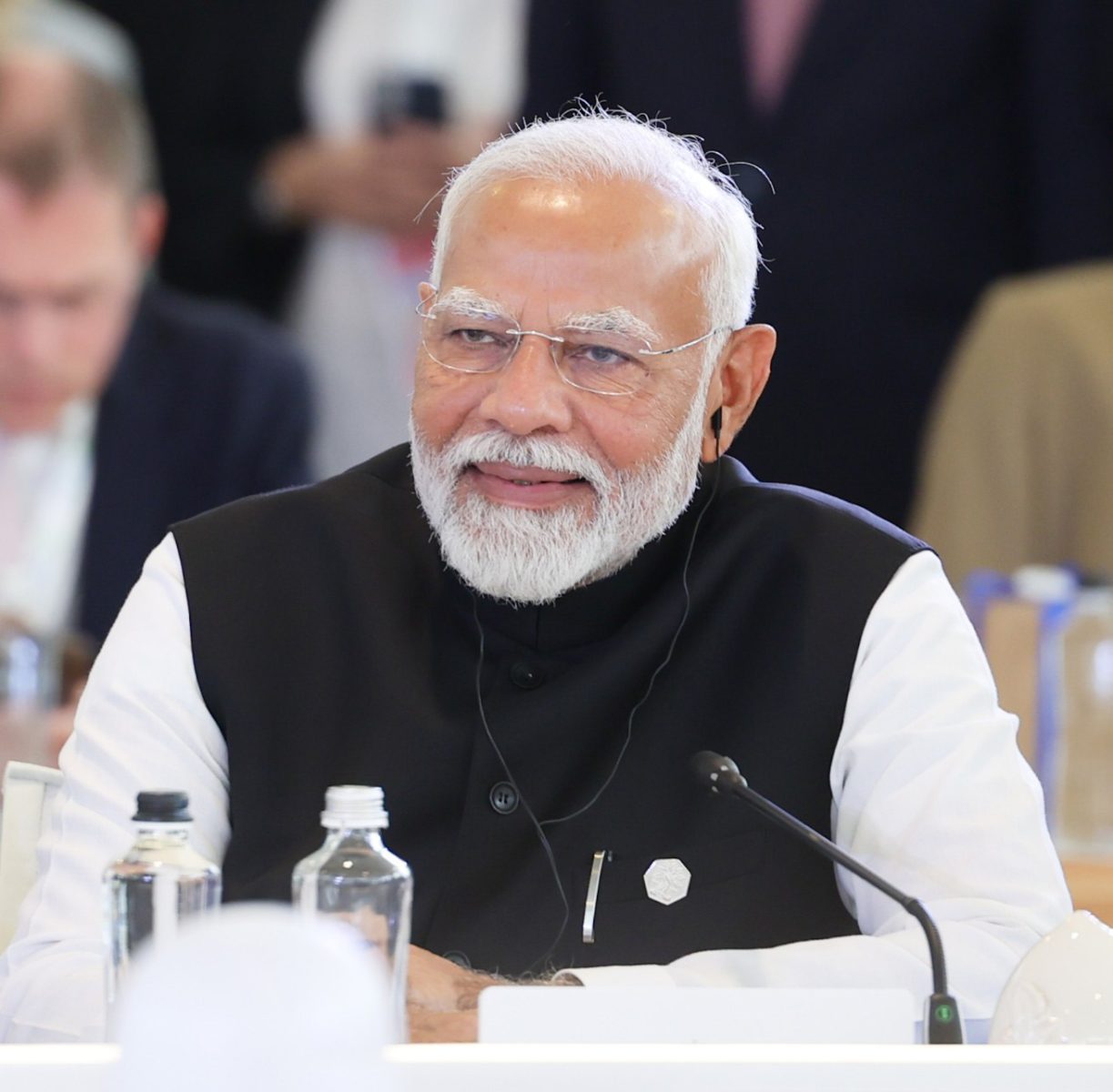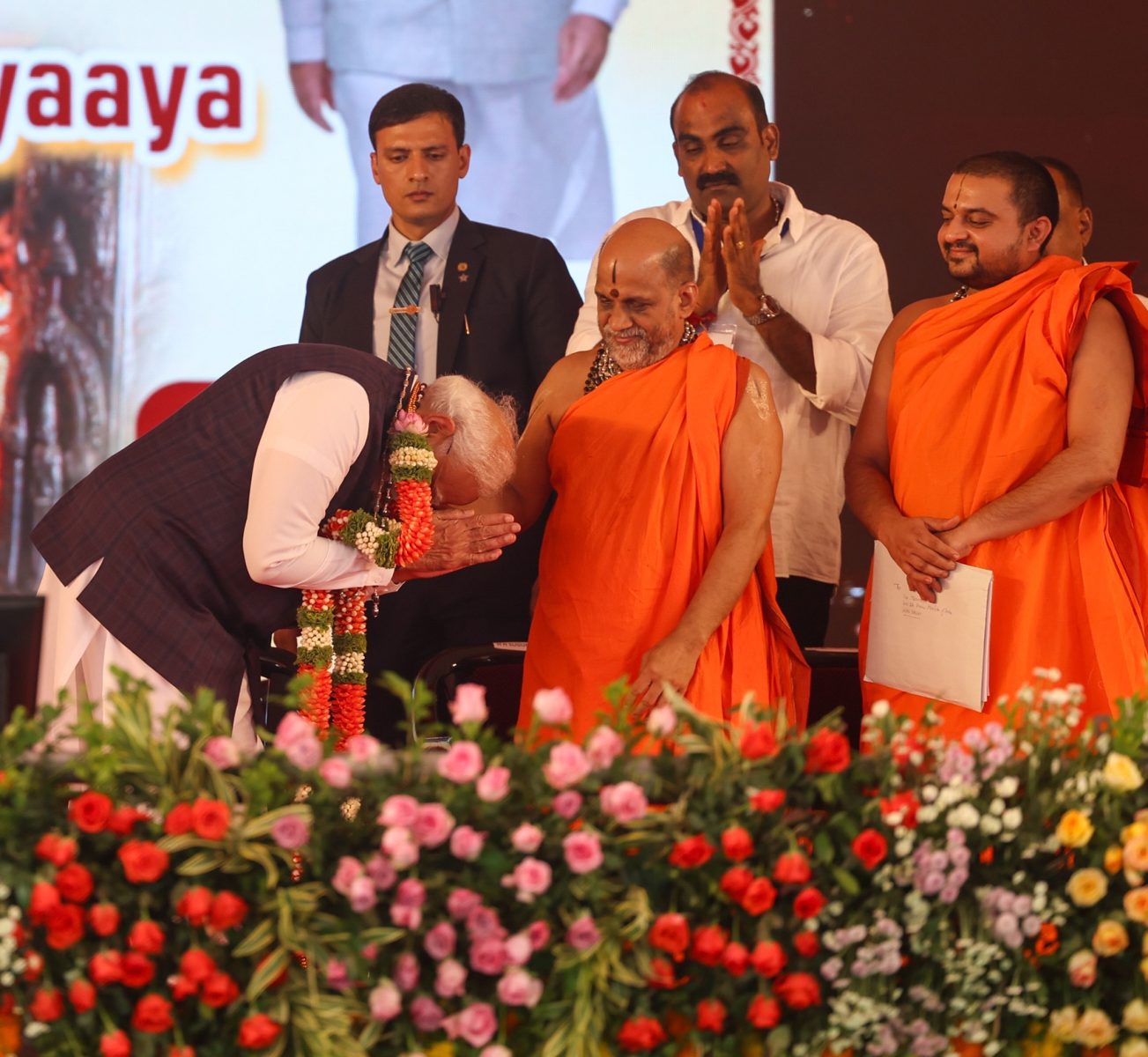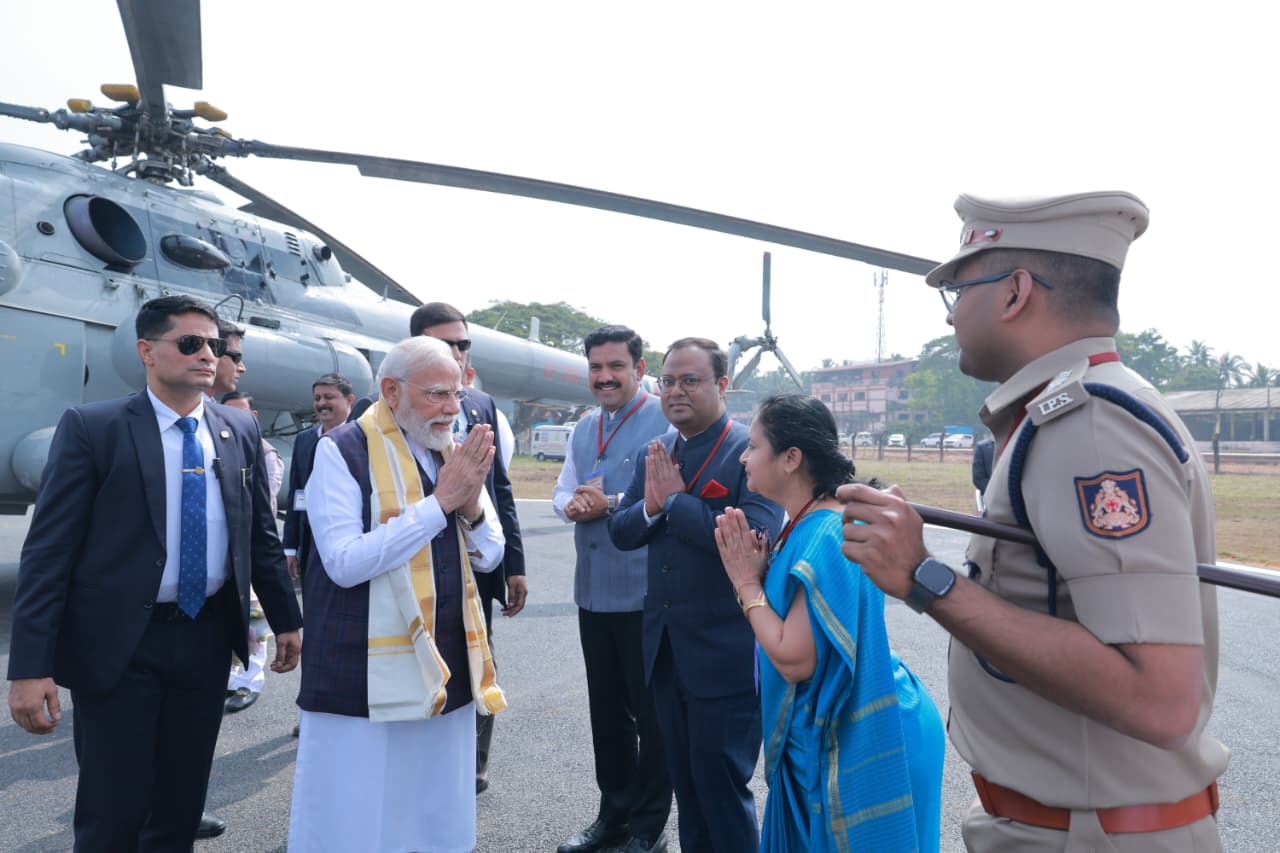COVID-19: Modi to review status and preparedness in 7 high focus states including Karnataka

- PM to review status and preparedness in Karnataka, Maharashtra, Andhra Pradesh, Uttar Pradesh, Tamil Nadu, Delhi and Punjab.
- More than 63% of the Active Cases of the country are concentrated in these seven States.
- They also account for 65.5% of the total confirmed cases and 77% of the total deaths.

New Delhi, Sep 22: Prime Minister Narendra Modi will chair a high level virtual meeting with the Chief Ministers and Health Ministers of Karnataka and six other COVID high burden States on Sept 23.
He will review the status and preparedness of COVID response and management.
The seven states include Karnataka, Maharashtra, Andhra Pradesh, Uttar Pradesh, Tamil Nadu, Delhi and Punjab.
More than 63% of the Active Cases of the country are concentrated in these seven States. They also account for 65.5% of the total confirmed cases and 77% of the total deaths.
Along with the other five States, Punjab and Delhi have reported an increase in the number of cases being reported recently. Maharashtra, Punjab and Delhi are reporting high mortality with more than 2.0% Case Fatality Rate (CFR). Other than Punjab and Uttar Pradesh, their positivity rate is observed to be above the national average of 8.52%.
The Centre has been leading the fight against COVID in the country in effective collaboration and close coordination with the State/UT governments.
The Union Government is supporting them to ramp up the healthcare and medical infrastructure. The clinical management capacities of the doctors manning the ICUs have been substantially upgraded through the e-ICU tele-consultation exercise undertaken by Ministry of Health & Family Welfare in collaboration with AIIMS, New Delhi.
High level review with the States/UTs has ensured adequate availability of medical oxygen in the hospitals and COVID healthcare facilities. The Centre is also regularly deputing multi-disciplinary teams to States/UTs to support and handhold them in matters of containment, surveillance, testing and efficient clinical management of the positive cases. The Central teams also guide the local authorities in effectively managing the challenges related to timely diagnosis and needed follow up.





